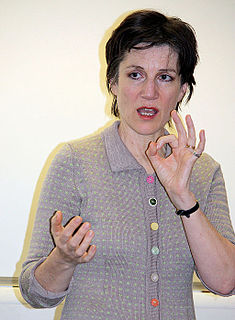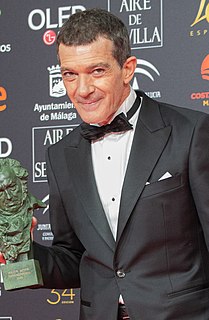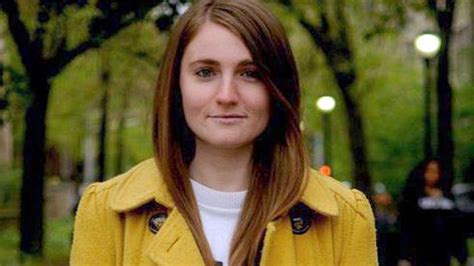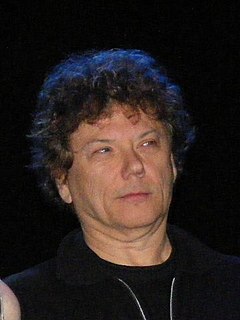A Quote by Martin Amis
Well, my father Kingsley Amis was a writer and it seemed natural to start writing in my late teens. I think it was good that I began when I was young and bold and foolish, otherwise I'd have become too self-conscious and aware of the weight of not having written anything yet.
Related Quotes
No good writer ever merely cheered us up. But there's an unblinking stare into the darkness of things we have to go elsewhere to find. Jane Austen was made of strong stuff. She was too satiric for D. H. Lawrence's taste and too unforgiving for Kingsley Amis's, but you would still not call her hellish.
Simply put, meta-writing is writing that is self-conscious, self-reflective, and aware of itself as an artifice. The writer is aware she's writing, and she's aware there's a reader, which goes all the way back to Montaigne's often-used address "dear reader," or his brief introduction to Essais: "To the Reader." It can be done in a myriad of ways.
As soon as I start to write I'm very aware, I'm trying to be aware that a reader just might well pick up this poem, a stranger. So when I'm writing - and I think that this is important for all writers - I'm trying to be a writer and a reader back and forth. I write two lines or three lines. I will immediately stop and turn into a reader instead of a writer, and I'll read those lines as if I had never seen them before and as if I had never written them.
What we have to remember is that we can still do anything. We can change our minds. We can start over. Get a post-bac or try writing for the first time. The notion that it's too late to do anything is comical. It's hilarious. We're graduating college. We're so young. We can't, we MUST not lose this sense of possibility because in the end, it's all we have.
I would say just start writing. You've got to write every day. Copy someone that you like if you think that perhaps could become your sound, too. I did that with Hemingway, and I thought I was writing just like Hemingway. Then all of a sudden it occurred to me - he didn't have a sense of humor. I don't know anything he's written that's funny.
I didn't do anything as active as deciding that I wanted to be a writer. For one thing, I didn't feel like I was the final authority on whether or not I was anything like a writer. (I'm a timid soul.) I just kept writing stories, because becoming a veterinarian seemed as if it involved too much dissection.
I think a good writer is a mix of confidence (sure that what they're writing is going to appeal to their readers) and uncertainty (what if all these words are crap?). If you're too confident, you get an attitude that seeps through into your writing, affecting the characters and the story. If you're too uncertain, you'll never finish anything.






































